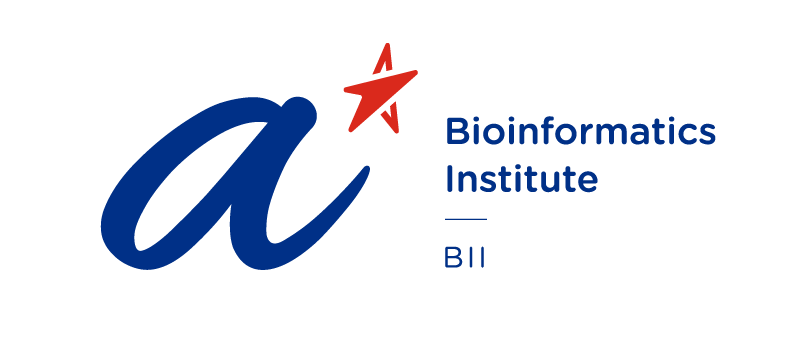McBurnie EW
Thrombin-derived C-terminal fragments aggregate and scavenge bacteria and their proinflammatory products.
Thrombin-derived C-terminal peptides (TCPs), including a major 11-kDa fragment (TCP96), are produced through cleavage by human neutrophil elastase and aggregate lipopolysaccharide (LPS) and the Gram-negative bacterium Escherichia coli However, the physiological roles of TCP96 in controlling bacterial infections and reducing LPS-induced inflammation are unclear. Here, using various biophysical methods, in silico molecular modeling, microbiological and cellular assays, and animal models, we examined the structural features and functional roles of recombinant TCP96 (rTCP96) in the aggregation of multiple bacteria and the Toll-like receptor (TLR) agonists they produce.
Read